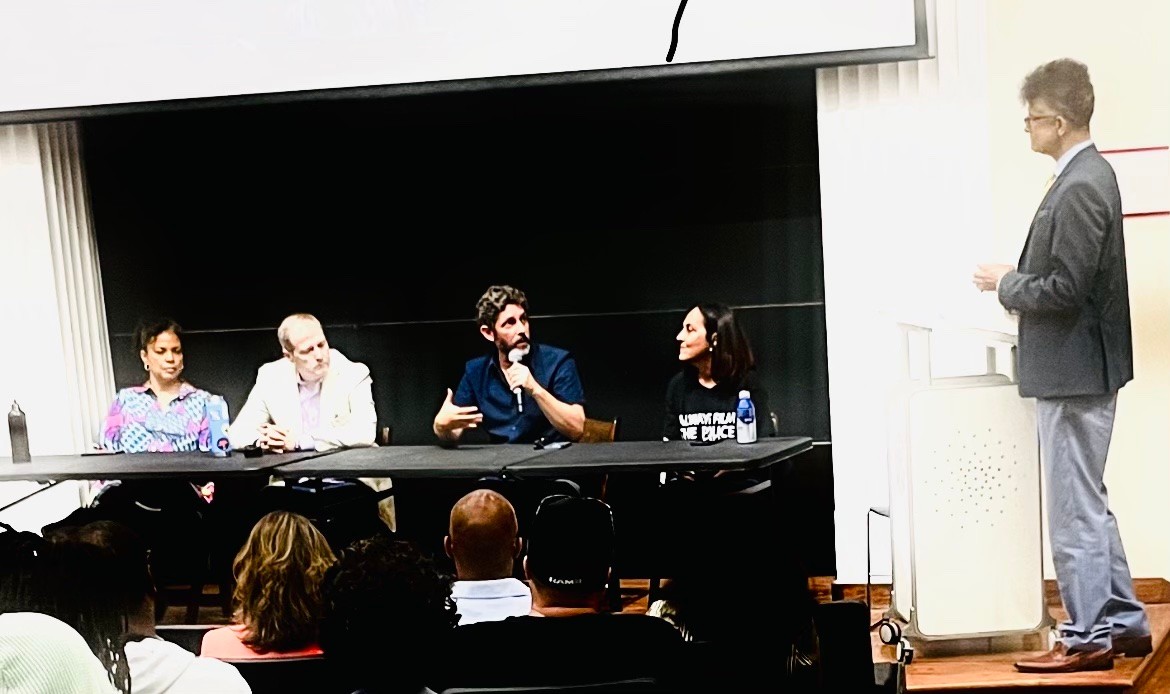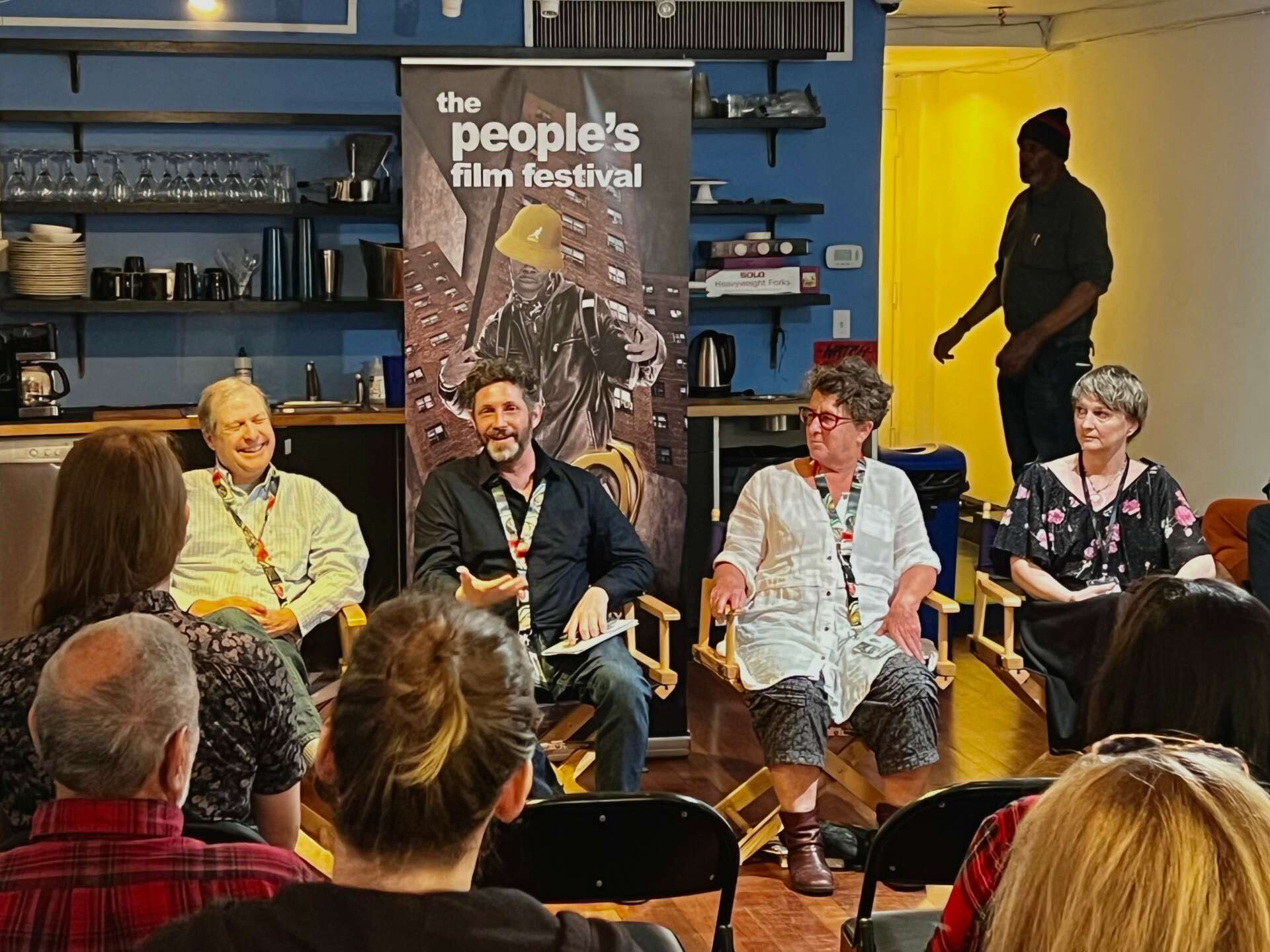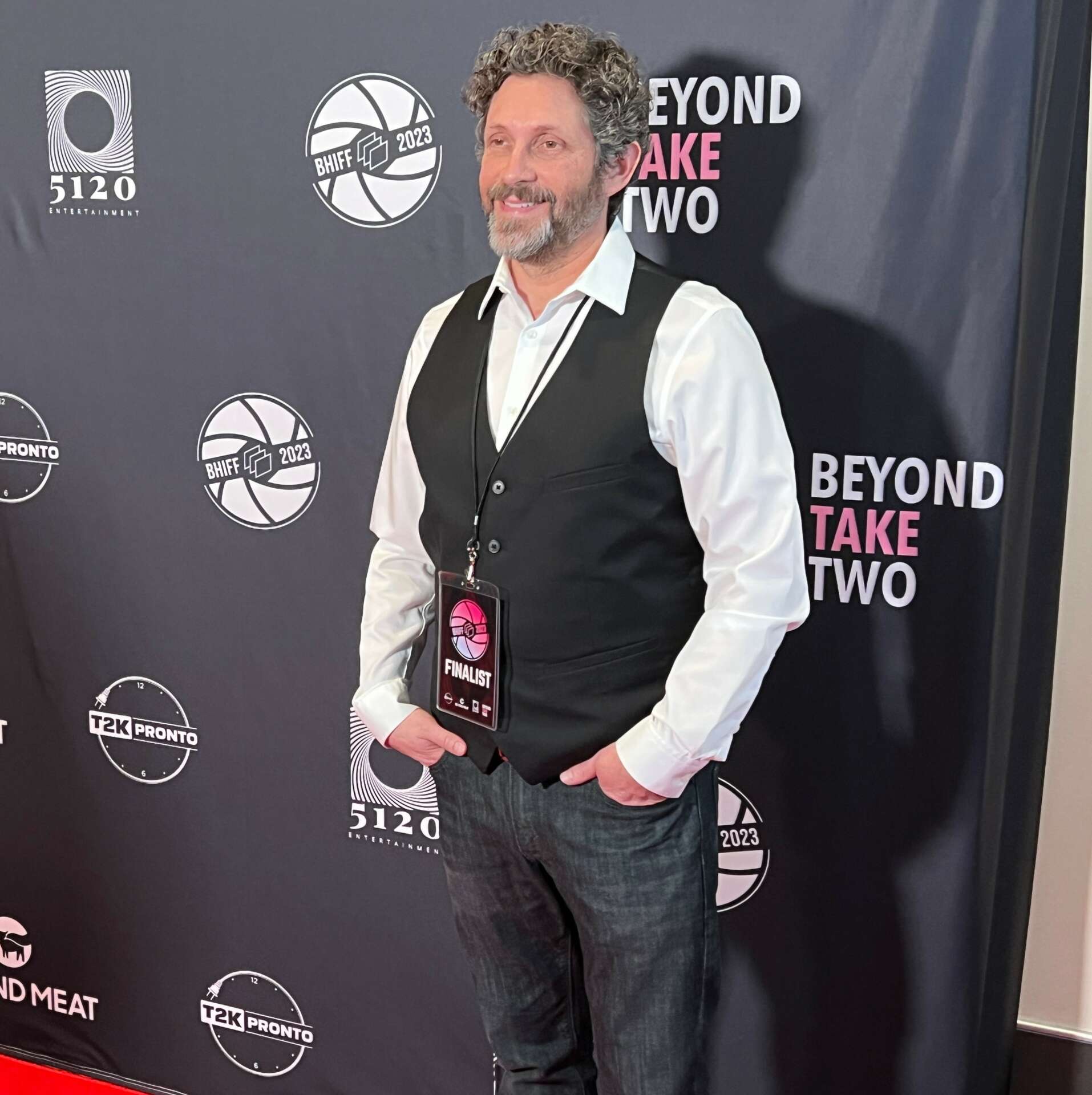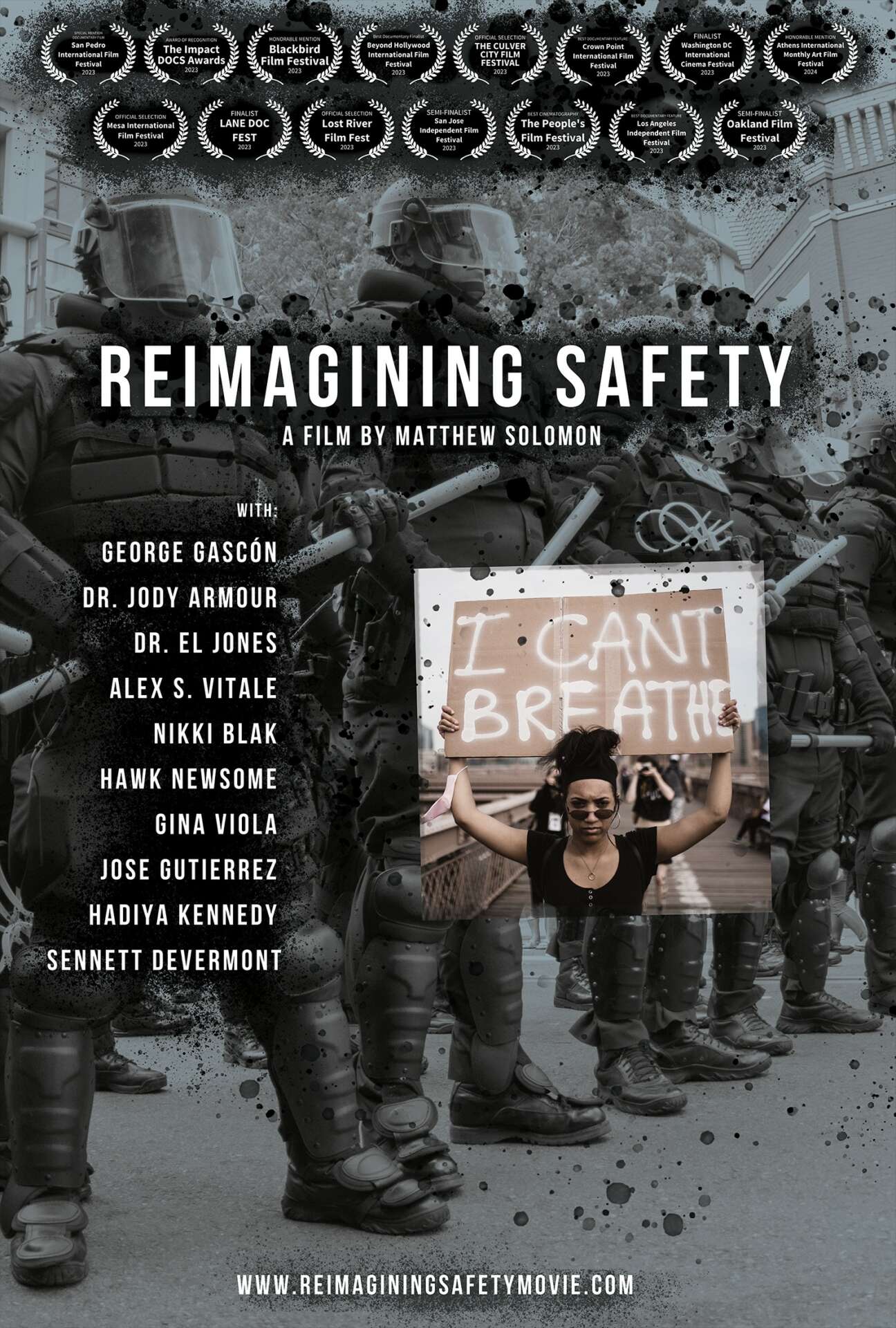Alright – so today we’ve got the honor of introducing you to Matthew Solomon. We think you’ll enjoy our conversation, we’ve shared it below.
Alright, Matthew thanks for taking the time to share your stories and insights with us today. What’s been the most meaningful project you’ve worked on?
My most recent project, directing and producing the documentary film “Reimagining Safety,” is easily my most meaningful project to date. This is really the result of my life experiences and all of the different talents and skills that I have acquired over the years. I was born and raised in Los Angeles, I love LA, and at an early age, I saw the disparities that exist regarding safety and resources based on racial, religious, and economic factors. To ultimately piece together a documentary that speaks to those issues and delivers alternatives, has been personally moving and inspiring for me. To experience the wide acceptance of the film and to have so many people express their gratitude for the stories being shared, has gone beyond my expectations.

Awesome – so before we get into the rest of our questions, can you briefly introduce yourself to our readers.
Someone once said “You’re just a guy who has done a lot of things” as if that was a bad thing. The truth is, I have done a lot of different things, but when you pull back to a macro level, it all kind of makes sense. I started in the music business and was a professional musician for 15 years. I found my way into acting and worked in TV, film, and commercials for almost 20 years. Along the way I began writing and directing, learned how to edit, and directed and produced numerous short films and a horror-feature called Chatter. At the same time as all of this, I was always fascinated by people, communication, relationships, and society. I had always been taking personal and professional development seminars and eventually was trained in conflict resolution. Prior to the pandemic, I was traveling and providing services to corporations and universities–facilitating and leading seminars. When the pandemic started and we couldn’t go anywhere, I went back to school and ultimately earned a master’s degree in public administration. I figured my entertainment career was done and I was happy to be able to use my privilege and access to help forward positive social change. An academic advisor recommended I create a documentary instead of writing a paper for my master’s thesis and “Reimagining Safety” was what came out of that.

Is there something you think non-creatives will struggle to understand about your journey as a creative? Maybe you can provide some insight – you never know who might benefit from the enlightenment.
I think that non-creatives struggle a lot with the reality that creatives don’t often know where our next dollar is coming from. There is a lot of hope and conviction we have to have in order to keep going. There are a lot of ups and downs that we have to navigate to keep going. The positives are inspiring and the negatives can take us out. And, everything goes in cycles. So even when it’s bad, something good is just around the corner. This makes little sense to folks who work 9-5 jobs, have everything planned out, and have accepted that the “right way” to survive life is to do what you’re told and what’s expected. It has been really disappointing seeing some peoples’ responses to the WGA and SAG-AFTRA strikes when non-creatives have called these folks “spoiled” and “primadonnas” without having any idea what it takes to work in the entertainment business. Most of us are driven by something more. Not everyone has to sit at a desk all day or know how to hang drywall. I am sure the same people being critical consume plenty of TV and film. The reality is, they just don’t value the people who create the content. And this speaks to the larger context behind the harms caused by policing and incarceration mentioned in my film–being real about the fact that most people see certain “others” as not worthy, and not deserving of being safe, having homes, etc.

In your view, what can society to do to best support artists, creatives and a thriving creative ecosystem?
I think the only answer is for society to invest in artists and creatives. To value artists and creatives. To recognize that we aren’t just playing around. We have points of view, we think outside of the box, we provide comfort, escape, and release for non-creatives, we tell stories, we shed light on some of the hidden parts of society, we influence change, and on and on. There is a reason authoritarians squash art and ban books. These things interfere with their ability to control the masses. The more artists and creatives we have, the more we are able to thrive collectively.

Contact Info:
- Website: https://www.matthewsolomonconsulting.com/
- Instagram: https://www.instagram.com/mattytheglue
- Linkedin: https://www.linkedin.com/in/matthewsolomonconsulting/
- Twitter: https://www.twitter.com/mattytheglue
- Other: https://www.reimaginingsafetymovie.com/


